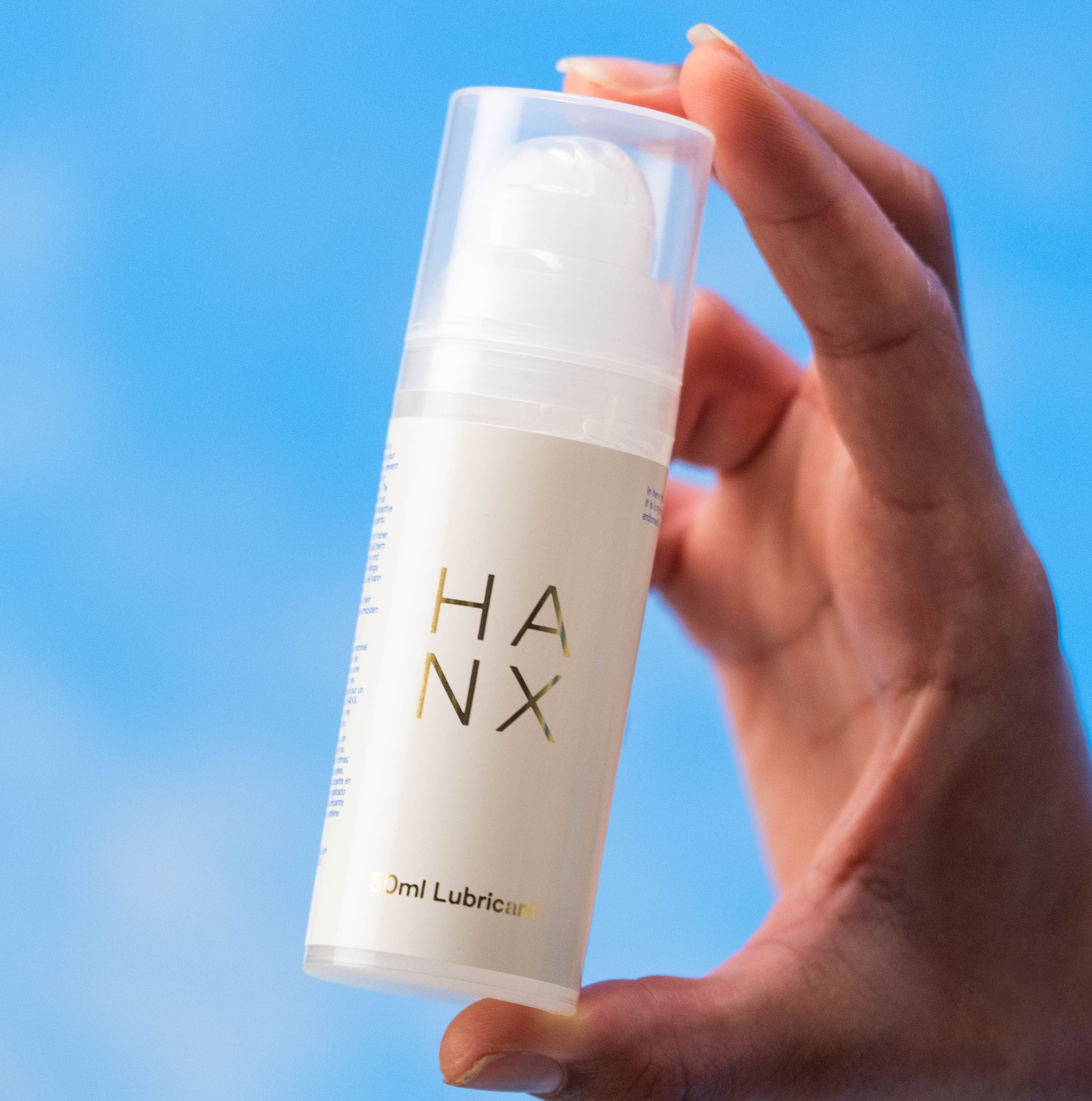Which Progesterone Only Pill Is Right For Me?
Biology class is in session - and the Progesterone Only Pill is the hot topic today.
Already taken a POP and are happy with it?
Found that Combined Oral Contraceptive Pill isn't suitable for you?
Would you simply rather take a POP than a COCP?
Get your glasses on and prepare to embrace a lot of medical sounding pill names and hormones, as we deep dive into all the different types of POP offered via our HANX Fix:Pill service. We have 6 different progesterone only oral contraceptive pills available - so where to start?
Is the Progesterone Only Pill right for me?
- The first thing to consider, and to put your mind at ease, is the safety and reliability of the pills we offer. All are medically approved and safe to use, so rest assured we wouldn’t prescribe you a pill that is not fit for purpose. The current evidence does not suggest an association between increased risk of breast cancer with the POP. However, due to the limited available evidence, an increased risk cannot be completely excluded. If there is any kind of increased risk, it is likely to be small and to reduce with time after stopping.
- Unlike the COCPs, POPs do not contain oestrogen hormones, so this alleviates the increase in VTE risk. However, the consideration of the progesterone pills is the progesterone type and dose in the pill you choose. Check out the table below to review the hormone levels in each pill.
- POPs can help with heavy or painful periods. Pills which are particularly good for reducing the bleeding include POPs that include the hormone norethisterone (more than the hormone levonorgestrel).
- Like the COCPs, POPs can also help with PMS by suppressing hormonal fluctuations throughout the menstrual cycle which often causes PMS symptoms.
- POPs can help manage endometriosis, a condition where tissue similar to that of the lining of the womb, starts to grow in other places such as the ovaries and fallopian tubes. Contraceptive pills do this by suppressing your menstrual cycle and slowing endometrial (the lining of your womb) growth. Most women with endometriosis try hormonal contraceptives as the first kind of hormone treatment. COCPs and POPs are both used, as well as other hormonal treatments such as the Mirena coil, injection and hormonal patches. Speak with your doctor for specialist advice on managing your endometriosis.






















